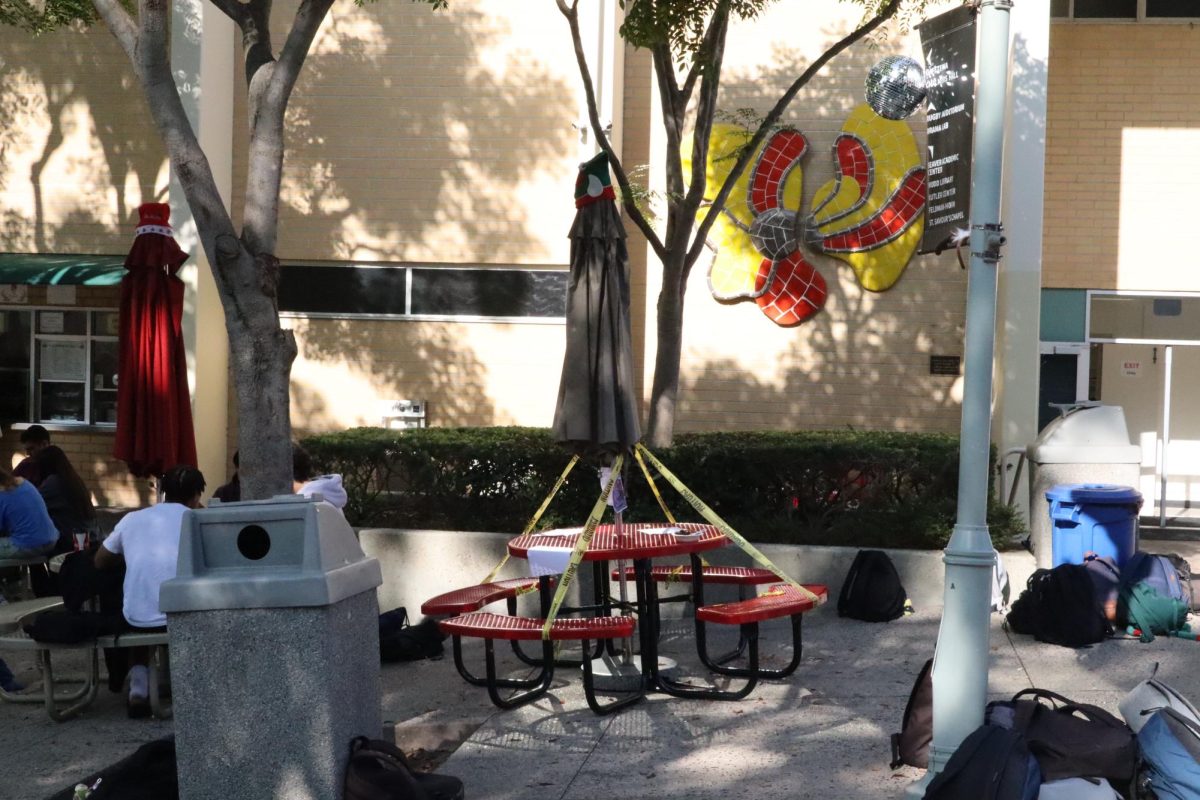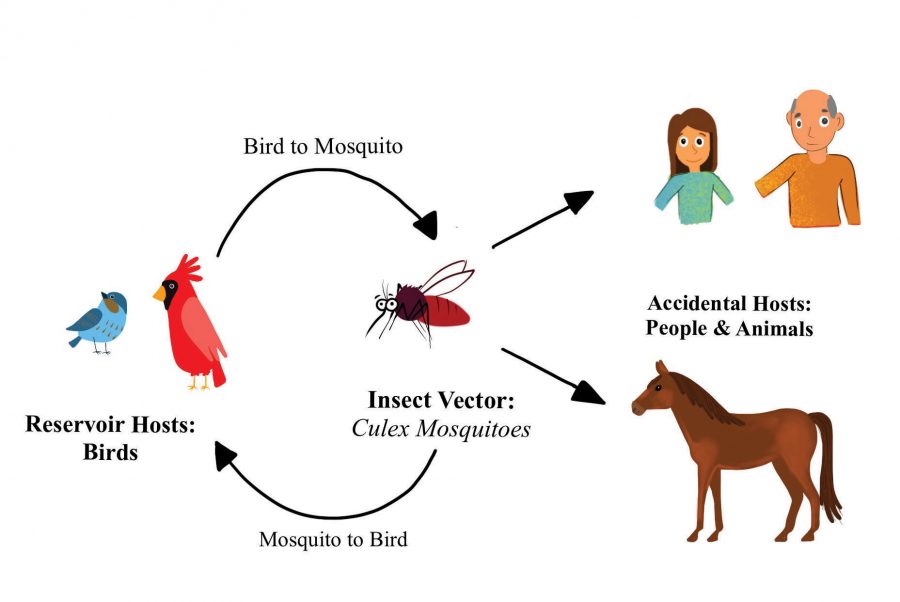West Nile virus (WNV), which can lead to the potentially fatal West Nile disease, has recently been discovered in four Los Angeles County communities including Reseda, Northridge, Carson and Signal Hill, according to ABC 7 News. The Los Angeles County Department of Public Health announced Aug. 5 that the first two cases of the year have been identified.
In addition to these four counties, there are five others in California that have experienced human cases of WNV and two where horses have tested positive for the disease this year, according to the California Department of Public Health (CDPH).
“Every year in Los Angeles County, we see cases of West Nile virus infection, which can be serious even deadly, especially for people over 50 and those who have existing health problems,” Health Officer for Los Angeles County Muntu Davis said in a press release.
The level of WNV activity fluctuates annually and regionally, spiking from July through September , according to the CDPH. This past summer, weather conditions increased the risk of infection. Spring rains left pools of standing water in which mosquitoes breed. In addition, recent elevated temperatures have led to an increase in the mosquito population.
“I’ve seen signs about [WNV] in my doctor’s office, but I don’t know much about it,” Sherman Oaks resident Tali Tufeld ’20 said. “I know my neighbors have a lot of mosquitoes this year, so maybe it’s related.”
The virus led to 11 fatalities last year and two this year. As of now, there are no vaccines or other forms of medication to treat the disease.
Eight out of 10 people who contract the virus show no symptoms; however, one in 150 people who are infected experience severe damage to their nervous system and exhibit symptoms as serious as convulsions, coma and paralysis, according to Centers for Disease Control and Prevention.
The CDPH advises individuals to take measures to protect themselves from the disease by using insect repellent containing DEET, draining areas of standing water and making sure to stay protected during dawn and dusk.
“West Nile virus activity in the state is increasing, so it is important to take every possible precaution to protect against mosquito bites,” Director of the California Department of Public Health Dr. Karen Smith said in a press release.


































